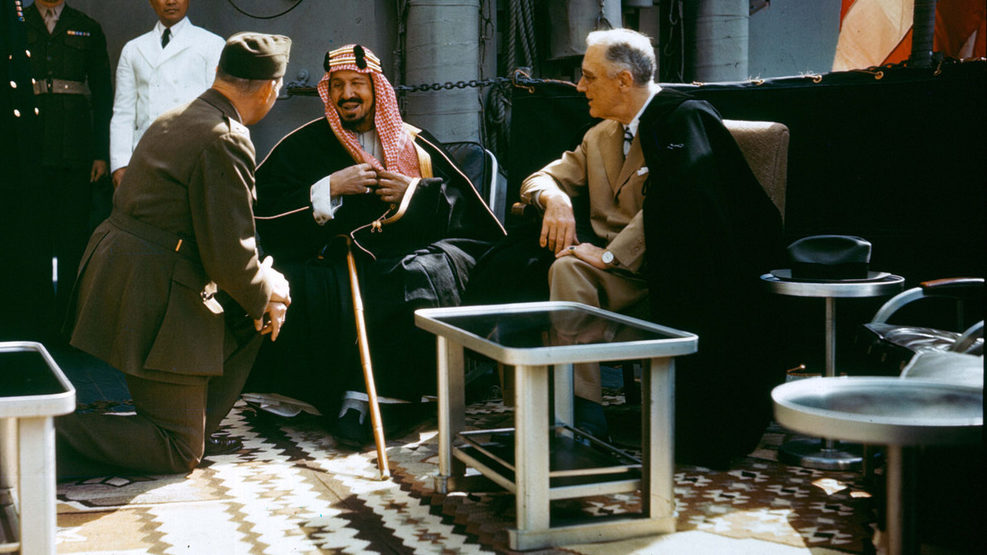The Possibility of a Return to Warmth in US-Gulf Relations
Okaz, Saudi Arabia, June 10
There has been increasing talk in the American capital about the necessity of returning warmth to US-Gulf relations, especially with the Kingdom of Saudi Arabia. Perhaps the loudest and clearest voice came from a paper presented to the Council on Foreign Relations, prepared by Steven Cook, a researcher specializing in international relations, and Martin Indyk, a former diplomat who worked in the Middle East. As of the writing of these lines, this paper has not been published but was referred to by Fareed Zakaria in an article published in The Washington Post. Regardless of the details of the Cook-Indyk paper, there is consensus among observers of Middle East politics that the policy pursued by the Biden Administration toward the Gulf has undermined American interests. The Gulf, with Saudi Arabia at its heart, is the key to the Middle East. If you try to marginalize it, you will practically marginalize your role and presence in the region, and this is what happened with the United States. As for Riyadh, we realize that relations with Washington were and still are strategic when they are based on clear foundations, which are those agreed upon by the founding King Abdulaziz Al-Saud with President Franklin Roosevelt. The relations were based on security, defense, and economic cooperation with full respect for the kingdom’s sovereignty and its location in the heart of the Islamic world, and noninterference in its internal affairs. But if Washington wants to turn against these foundations and play a paternalistic role vis-à-vis the kingdom, then it must expect that Riyadh will search for other allies. Therefore, it is a welcome change that Washington is reconsidering its stance. This will require a frank and honest dialogue between Washington and Riyadh, which will focus on two things. The first aspect is respecting the sovereignty of Gulf states and avoiding arrogant and patronizing discourse toward its leaders. The second aspect, which is no less important, is finding a common vision surrounding the region’s most burning issues, starting with the Iranian nuclear file and the need to involve the countries of the region in the talks with Iran. –Rami Caliph Al-Ali (translated by Asaf Zilberfarb)
Give the gift of hope
We practice what we preach:
accurate, fearless journalism. But we can't do it alone.
- On the ground in Gaza, Syria, Israel, Egypt, Pakistan, and more
- Our program trained more than 100 journalists
- Calling out fake news and reporting real facts
- On the ground in Gaza, Syria, Israel, Egypt, Pakistan, and more
- Our program trained more than 100 journalists
- Calling out fake news and reporting real facts



